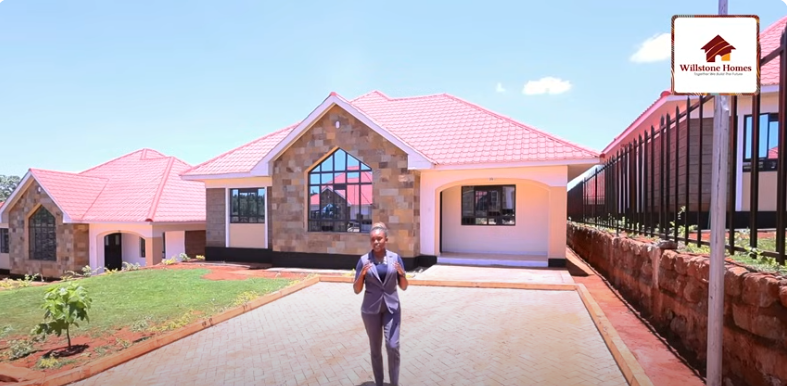For decades, property and land in Kenya were considered male-dominated assets, with women often sidelined by cultural norms and restrictive practices. Today, however, the story is changing. Women in real estate ownership in Kenya are gaining visibility, thanks to progressive laws, shifting cultural attitudes, and improved access to finance. While challenges remain, recent data shows women are increasingly securing homes, land, and mortgages in their own names or jointly with spouses.
Legal Reforms Driving Change
The transformation in women’s property rights is anchored in Kenya’s legal framework:
- 2010 Constitution: Guarantees equal rights to own property regardless of gender.
- Matrimonial Property Act (2013): Recognizes both monetary and non-monetary contributions.
- Land Registration Act (2012): Protects spousal rights and requires consent before sale of matrimonial property.
These reforms ensure that women are not only protected but also empowered to participate in property transactions.
Read Also: Willstone Homes: An Epoch of Architectural Excellence and Real Estate Renaissance
Ownership Figures and Gender Gaps
Despite progress, ownership statistics highlight ongoing disparities.
| Ownership Indicator (Kenya, 2022) | Women | Men | Notes |
|---|---|---|---|
| Land title deeds (registered) | 10.3% | 86.5% | Women remain underrepresented on official titles. |
| Land ownership (any form) | 38% | 49% | Includes sole and joint ownership. |
| Sole land ownership | 6% | 16% | Men dominate sole ownership. |
| Joint land ownership | 22% | 10% | Women more likely to share ownership rights. |
These figures show that women are increasingly participating in ownership, especially through joint titles, but formal recognition through title deeds is still a major hurdle.
Access to Mortgages and Financing
One of the most promising developments is women’s access to formal financing. The Kenya Mortgage Refinance Company (KMRC) reports that women account for nearly 46% of refinanced mortgages, surpassing gender targets. This signals a significant shift in urban and peri-urban housing markets.
Still, affordability challenges remain. FinAccess 2024 data shows that women’s financial health lags behind men’s, limiting their ability to secure larger mortgages or high-value properties.
Technology and Community Land Reforms
Technology is further shaping women’s access to property. The Ardhisasa digital platform has made land searches, transfers, and verifications more transparent, reducing opportunities for corruption that once disadvantaged women.
At the community level, the Community Land Act mandates that at least one-third of members in land management committees must be women. This ensures that women actively participate in decision-making about land allocation and registration.
Read Also: Mixed-Use Estates in Nairobi: Why They’re Becoming the Future of Urban Living
Persistent Challenges
Even with these advances, women in real estate ownership in Kenya still face significant challenges:
- Customary practices that exclude women from inheritance.
- High conveyancing and legal costs.
- Limited access to affordable credit.
- Lack of awareness about legal protections and registration processes.
These barriers mean that despite legal equality, many women remain vulnerable in disputes and succession battles.
The narrative of women in real estate ownership in Kenya is one of steady progress. From constitutional reforms to digital land services and growing access to mortgages, women are increasingly taking their place in the property market. Yet the titling gap and cultural barriers remain. Closing these gaps is not just about fairness—it is an economic necessity that will strengthen households and communities across Kenya.





